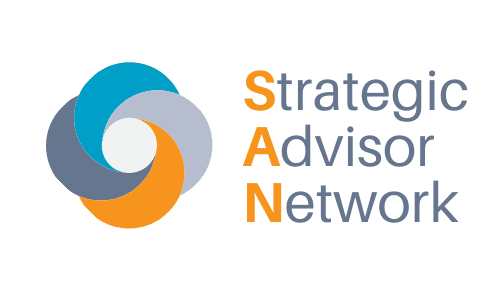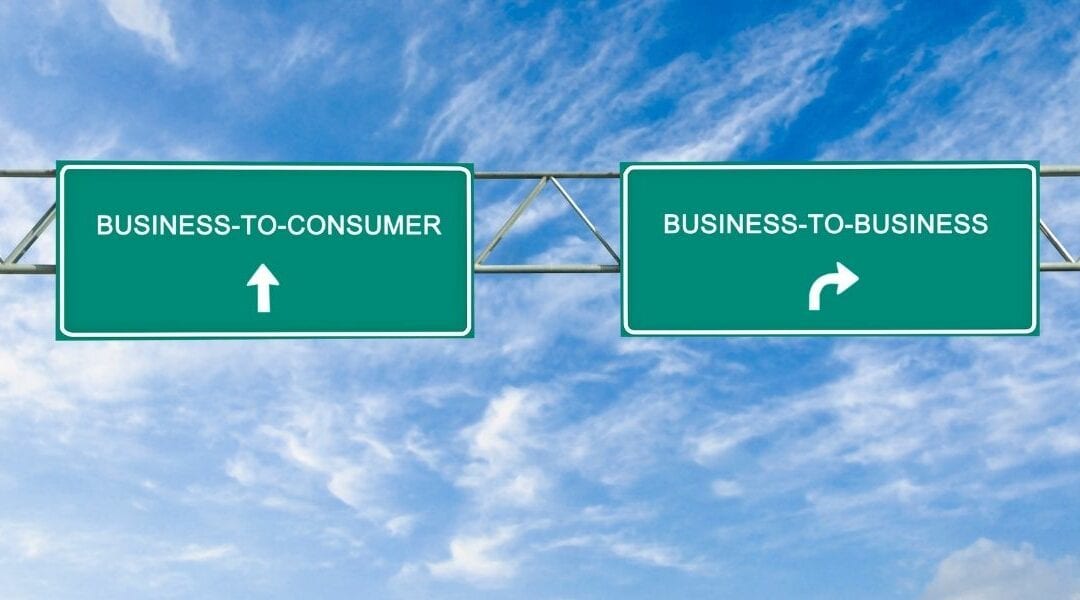In Digital Marketing 101 Part 1 of 3, we covered digital marketing and how you can utilize websites, social media, and blogs to achieve your marketing goals. In part two of our three-part series, we’ll discuss the differences between business-to-business (B2B) and business-to-consumer (B2C) marketing and how those differences affect communication with their target audiences.
What Are the Differences Between B2B & B2C Marketing?
B2B and B2C marketing differ most from each other in their target audiences and the strategies and applications of how they communicate to those audiences.
Business-to-Business (B2B)
B2B marketing is tailored to the needs of businesses that are purchasing products for their company. In these exchanges, the organization itself is the customer. B2B marketing primarily focuses on rationally driven niche markets, and its primary goal is lead generation. A few examples of B2B’s:
-
- A financial organization that offers loans to other businesses (SnapCap)
- A bulk bookstore that specializes in the bulk sale of books to schools, businesses, and nonprofits (BulkBookStore)
- A workspace company that offers modern-day office spaces for companies and organizations (WeWork)
Business-to-Consumer (B2C)
B2C marketing focuses on the needs and interests of individuals who are making purchases for themselves directly. B2C marketing is primarily focused on emotionally driven large-scale markets, and its primary goal is brand awareness. A few examples of B2C’s:
What Are the Differences In Digital Marketing Strategies for B2B & B2C?
Digital marketing strategies for B2B include:
-
- Audience targeting via data collection (i.e., Google Analytics and keyword research)
- Digital ads that utilize industry terminology to create informative content that drives rational purchase decisions
- Using websites, blogs, and social media to help build long-term personal relationships
Digital marketing strategies for B2C include:
-
- Creating enticing landing pages to navigate, which implement simple but effective conversion funnels that change the sales game
- Digital ads that target emotion and relatability via straight forward language
- Using websites, blogs, and social media to increase brand recognition to sell products
How Do I Get Started On My B2B or B2C Marketing Needs?
Whether you’re a business owner or financial professional, the tools you need to get started are within reach. Contact me, and I’ll be happy to discuss your marketing needs with you.
In the next part of this series, we’ll outline 4 Digital Marketing Strategies You MUST Implement in 2021.
Good luck!!!

